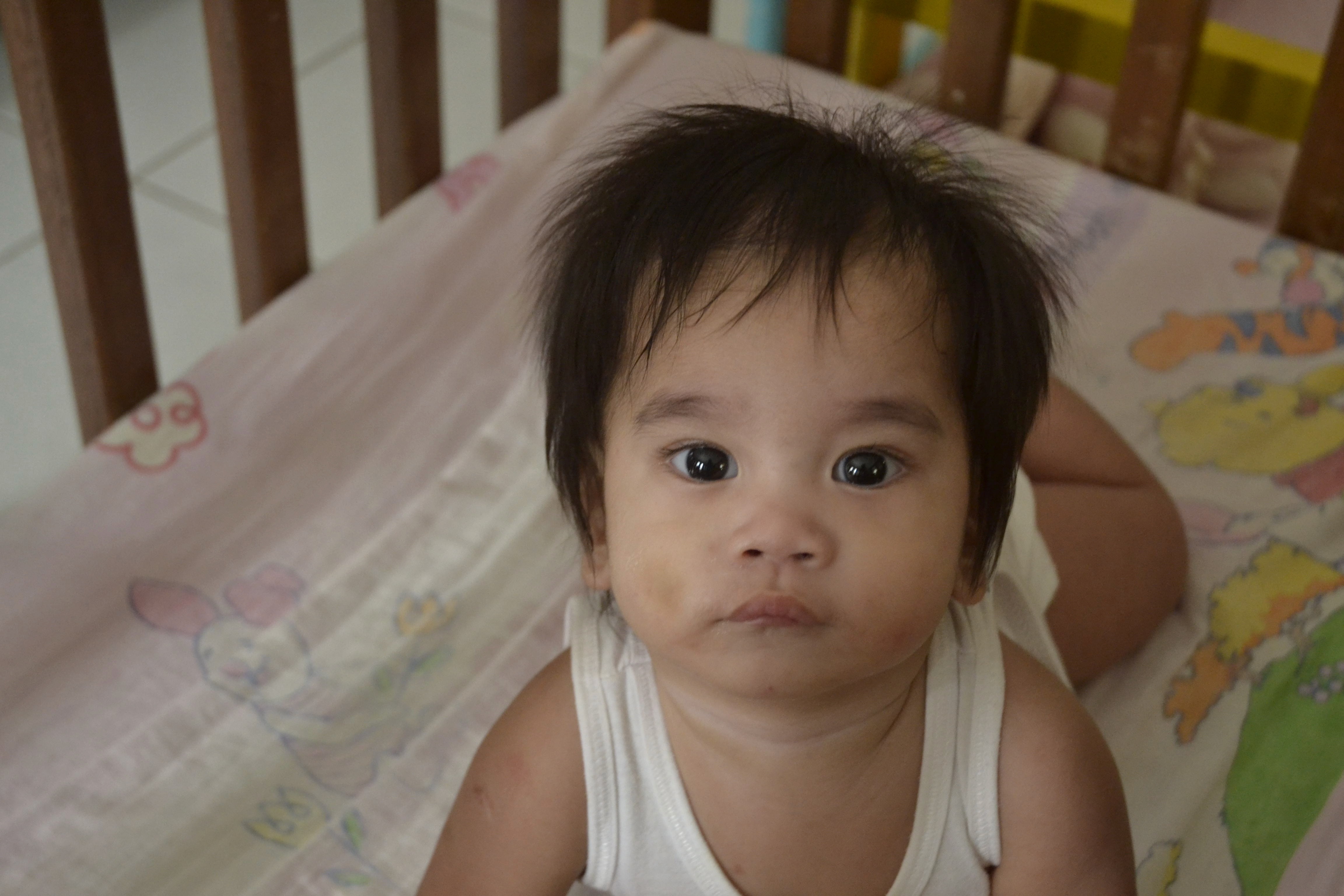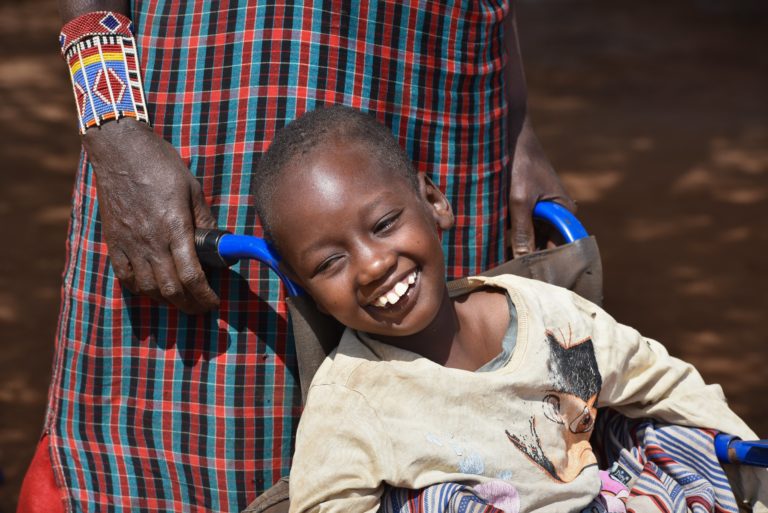Home / Psychology & Mental Health / Inclusive Teaching / Integrated Healthcare for Children with Developmental Disabilities / The importance of trust and equal partnership between families and healthcare professionals
This article is from the free online
Integrated Healthcare for Children with Developmental Disabilities


Reach your personal and professional goals
Unlock access to hundreds of expert online courses and degrees from top universities and educators to gain accredited qualifications and professional CV-building certificates.
Join over 18 million learners to launch, switch or build upon your career, all at your own pace, across a wide range of topic areas.

 © Holt International
© Holt International Metekai (7) on his way to receive physiotherapy in Kajiado, Kenya. © CBM
Metekai (7) on his way to receive physiotherapy in Kajiado, Kenya. © CBM

